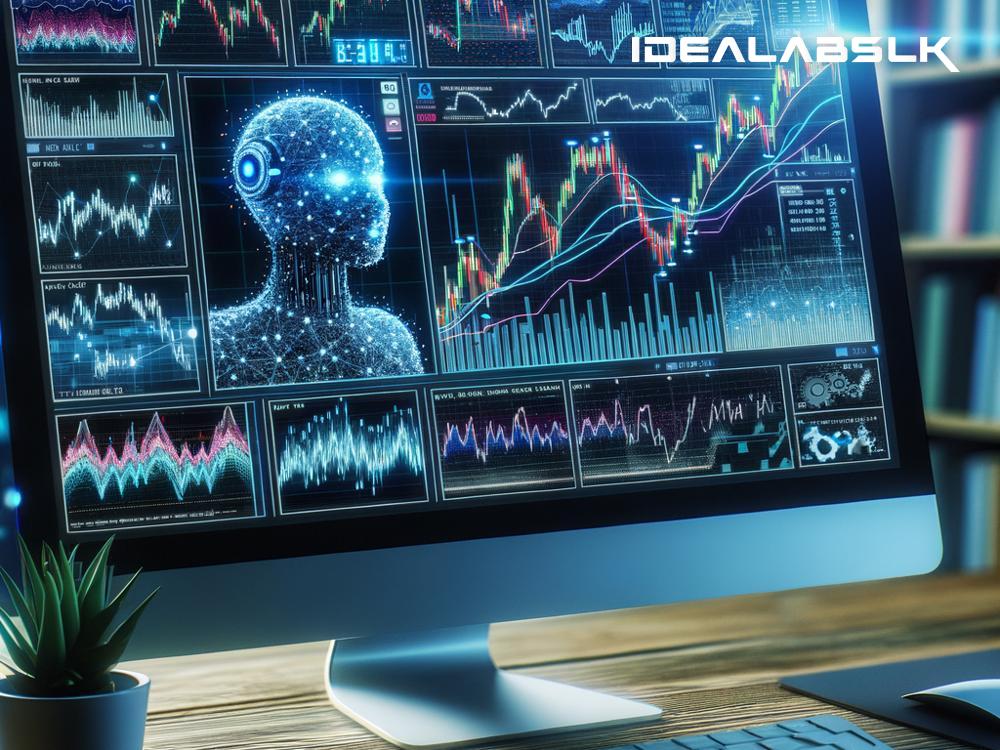AI for Trading: Making Investments Safer
In the constantly shifting world of stock trading, where fortunes can change in milliseconds, a new player has emerged on the scene. Artificial Intelligence, or AI for short, is revolutionizing how we approach trading, making it not just smarter, but also safer for investors. If you're wondering how AI-based models are changing the game, let me break it down for you in simple English.
The Basics of AI in Trading
First off, AI refers to computer systems designed to mimic human intelligence. In trading, these AI systems analyze massive amounts of data to predict which stocks will go up or down. They can process numbers, patterns, and even news articles at lightning speed—much faster than any human could.
How AI Makes Trading Safer
-
Reducing Emotional Decision-Making: One of the biggest risks in trading comes from our own emotions. Fear of missing out (FOMO) or panic selling can lead to poor decisions. AI doesn't have these emotions. It sticks to the strategy, reducing the risk of impulsive, harmful decisions.
-
Identifying Patterns and Trends: Humans are good at spotting patterns, but we're not perfect. AI can identify subtle trends and patterns in the market that might be invisible to the human eye. This ability to predict market movements with a higher degree of accuracy makes trading safer and potentially more profitable.
-
Risk Management: AI systems are excellent at managing risk. They can adjust trading strategies based on real-time market changes, ensuring that investment portfolios are not overexposed to risky assets. This level of dynamic adjustment is something that would be incredibly time-consuming and difficult for human traders to match.
-
Fraud Detection: AI algorithms are constantly learning and adapting, which makes them incredibly efficient at detecting unusual trading patterns that may indicate fraudulent activities. This not only protects individual investments but also contributes to the overall health and safety of the financial markets.
-
Automated Trading: For many investors, the idea of trading stocks is daunting because of the complex analysis and quick decision-making required. AI can automate these processes, executing trades at the best possible times based on its predictions. This not only makes trading accessible to more people but also reduces the chances of error.
The Future of AI in Trading
As technology advances, the capabilities of AI in trading will only grow. We're looking at a future where AI could potentially manage entire investment portfolios with minimal human intervention, making trading even safer and more efficient. However, this doesn't mean that AI is without its challenges. The systems are only as good as the data they're fed, and they can sometimes make unpredictable mistakes.
It's also worth noting that while AI can significantly reduce risks, it can't eliminate them. The stock market is inherently unpredictable, and no amount of technology can change that. But by making informed, data-driven decisions, AI is certainly making trading a less risky business than it used to be.
Final Thoughts
AI for trading might sound like something out of a sci-fi movie, but it's very much a reality today. By minimizing emotional decision-making, identifying market trends, managing risks, and detecting fraud, AI-based models are making trading safer for investors. As we move forward, we can expect AI to play an even bigger role in our investment strategies.
While the idea of relying on AI might be unsettling to some, it's important to remember that these systems are tools designed to help us. They're not replacing human insight but enhancing it, providing a powerful safeguard in the fast-paced world of trading. The marriage of human and machine intelligence may well be the key to safer and more successful investing in the years to come.

